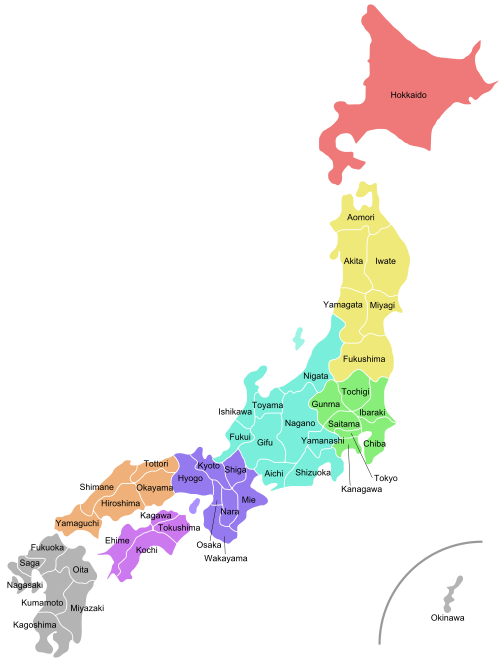Shinzo Abe was first elected Prime Minister of Japan in 2006. He made nuclear power and export of nuclear technology a cornerstone of his campaign. In March of 2011, a tsunami caused by an earthquake flooded a nuclear power plant on the coast of Fukushima prefecture in northeastern Japan. Three reactors melted down and there was an explosion that severely damaged a fourth reactor. Negligence on the part of the Tokyo Electric Company was the cause of the disaster. All nuclear reactors in Japan were shut down following the event. Following his reelection to be Prime Minister in 2012, Abe still insisted that Japan should embrace nuclear power and export nuclear technology.
It has now been six years since the disaster. Radioactive water from the site is still flowing into the Pacific Ocean. The reactors which melted down are still too radioactive to allow workers to find out exactly where the melted fuel is. Robots that are sent in to send back pictures keep being destroyed by the radiation. There have been projections that the workers will be able to remove the nuclear fuel from the destroyed reactors starting in 2021 but that is probably wishful thinking.
It will take decades of decontamination, decommissioning and reconstruction to deal with the aftermath of the disaster. The initial estimate for recovery from the disaster has doubled from nine billion dollars to eighteen billion dollars and will probably rise even more. New regulations have been put into place to pass the cost of recovery along to the rate-payers in Japan. Last year the energy market was opened to competition but the claim that nuclear power is competitive is obviously false.
Only a few of the Japanese reactors have been restarted after all viable reactors were upgraded to match new regulations. Although the government has stated that it will reduce Japanese dependence on nuclear power in the future, the nuclear power industry intends to start at least twenty-six of the fifty-six reactors that were operating in Japan before the disaster. Analysts claim that Japan will not experience a power shortage if none of the reactors are restarted. There is widespread public opposition to restarting all these reactors.
Supporters of nuclear power in Japan point to the need to reduce carbon emissions because of global warming. However, even with the reactors being shut off since the disaster, Japan's carbon emission have been falling in the past few years. Japan has met its obligations for carbon emission reduction under the Paris Accords without nuclear power. With effective conservation and renewable energy, Japan can continue to reduce carbon emission even more.
The cost of renewable energy sources such as solar and wind are falling and investors are moving their money to renewable energy. As renewables are rising, the demand for nuclear power in developed countries is falling. Major nuclear corporations such as Toshiba in Japan and Areva in France have experienced serious financial problems with their nuclear products and services. It would be wise for Japan to take heed of these developments and to abandon nuclear power altogether.
Japanese Prefectures:
